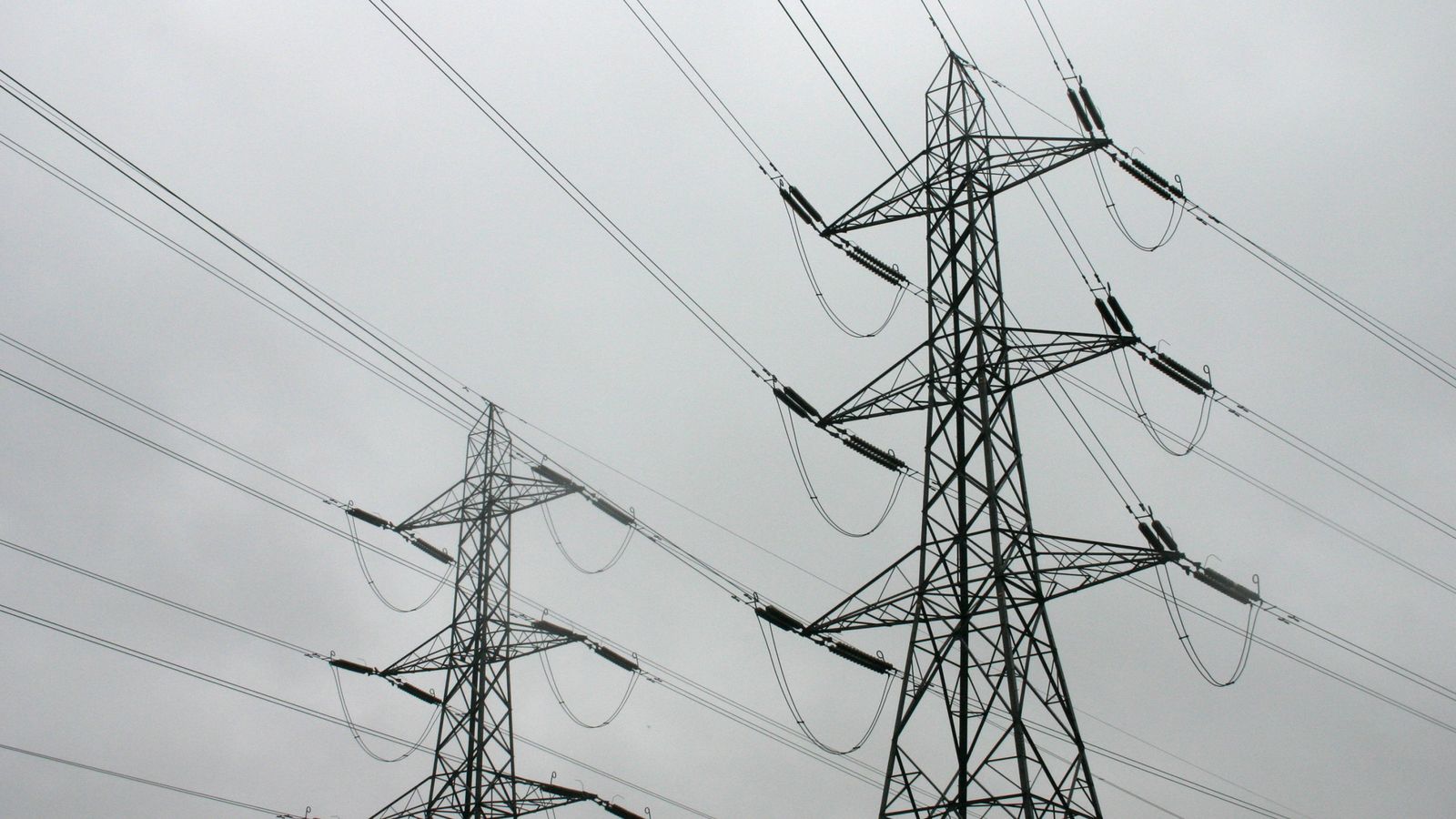The National Grid has said it expects higher profits due to growing inflation.
The company, which delivers electricity to households and businesses, said profits for the last financial year are set to be above the guidance given in November.
The announcement comes as inflation reached a new 30-year-high of 7%, with growing energy prices playing a large role in the increase.
The energy price cap went up last October and again in April, this time by an unprecedented 54%.
Customers pay an average of £20 a year – around 3.3% of their total bill – to the National Grid as part of an electricity transmission charge, according to the company.
The charge is subject to approval by the energy regulator, Ofgem, and covers the cost of building and maintaining the network.
Today’s announcement could raise questions about whether the company should be using increased profits to reduce costs for households.
The UK’s energy strategy and the latest IPCC report
Shell and BP were among the first to pull out of Russia – and now the bills are starting to come in
Energy security strategy: Boris Johnson pledges to ‘do more’ on cost of living crisis as he defends energy strategy
“We expect underlying operating profit across our New England, New York, and National Grid Ventures (NGV and Other) business units to be in line with the guidance given at our half year results on 18 November 2021,” the company said.
“However, we now expect to deliver underlying operating profit in our UK Electricity Transmission and Electricity Distribution business units above that guidance, largely driven by higher inflation.”
“We expect full year underlying earnings per share to be modestly higher than the guidance,” the statement added.
Last month the National Grid was criticised for its sale of a large chunk of Britain’s gas pipeline infrastructure to foreign investors for more than £4bn.





